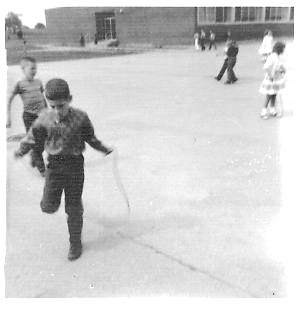(p. A18) In early April [2022] I walked into Andriivka, a village about 40 miles from Kyiv, with my battalion in the Ukrainian territorial defense forces. We were among the first Ukrainian troops to enter the village after a Russian occupation that had lasted about a month. . . .
The Russians killed civilians in Andriivka, and they ransacked and looted houses. The locals told us something else the Russians had done: One day they took mopeds and bicycles out of some of the yards and rode around on them in the street like children, filming one another with their phones and laughing with delight, as if they’d gotten some long-awaited birthday present.
A few days earlier we were in Bucha, a suburb northwest of Kyiv that was subjected to an infamously brutal occupation. The people there told us that when the first Russian convoy entered the town, the troops asked if they were in Kyiv; they could not believe that such idyllic parks and cottages could exist outside a capital. Then they looted the local houses thoroughly. They took money, cheap electronics, alcohol, clothes and watches. But, the locals said, they seemed perplexed by the robotic vacuum cleaners, and they always left those.
One resident, who told me that she was taken hostage by the Russian soldiers in her house, said they could not get over the fact that she had two bathrooms and kept insisting that she must have more people living with her.
This war is Vladimir Putin’s fatal mistake. Not because of economic sanctions and not because of the huge losses of troops and tanks but because Mr. Putin’s soldiers are from some of the poorest and most rural regions of Russia. Before this war, these men were encouraged to believe that Ukrainians lived in poverty and were culturally, economically and politically inferior.
. . .
Ten years ago Ukrainians could drink beer with Russians after the European Championship soccer matches, but we didn’t realize then that Ukraine was moving forward and Russia was moving in the opposite direction. Ukraine was trying to build a path to freedom, and Russia was building a path back to the Soviet Union with Kremlin TV and petrodollars.
For the full commentary see:
(Note: ellipses, and bracketed year, added.)
(Note: the online version of the commentary has the date August 23, 2022, and has the title “Ukraine’s Russian ‘Liberators’ Are Seeing That We Live Better Than They Do.”)


